I recently scrolled past some social media content that questioned, “where were asians and Latinos during the Civil Rights Movement,” and claimed that other racial groups “don’t complain” the way Black Americans do when faced with racism. It’s a tired—and—dangerous narrative that ignores context, history, and truth. Let’s set the record straight.
Black Americans have historically been on the front lines of civil rights reform, pushing through landmark victories like the Civil Rights Act, the Voting Rights Act, and Affirmative Action. These wins didn’t just benefit Black communities—they laid the foundation for rights and protections all people of color rely on today.
Asking, “Where were Asian and Latino communities during the civil rights movement?” is a fair question, but it deserves nuance. Many were there. Filipino farmworkers stood shoulder to shoulder with César Chávez in the grape strikes. Asian Americans organized against the Vietnam War and in solidarity with Black-led student movements. The stories just weren’t always told—or centered.
It’s important to acknowledge that while some communities may not have been as visible or numerous in certain moments, it wasn’t always by choice. Exclusion, fear of retaliation, language barriers, and immigration status shaped how these groups could participate.
Oppression isn’t a monolith. Every marginalized community in America has faced unique struggles. But instead of turning pain into a hierarchy, we should focus on what unites us—and the power of collective progress.
- October 21,1967 100,000 March Against Vietnam War
- How Ceasar Chevez Joined Larry Itliong to Demand Fam Workers’ Rights
- Japanese Americans being relocated to detention camps in California, 1942
- June, 24, 2020 Black Lives Matter Protest
- Cesar Chavez’s first major address after his 36-day 1988 fast over the pesticide poisoning of farm workers.
- Anti-war demonstrators in Wichita, Kansas, 1967.
- Jerome prisoners wait to be put on the train for transfer to the Gila River internment camp in Arizona. (Charles E. Mace/National Archives)
- A border patrol inspector checks the identification card of a legal Mexican farm worker on Imperial Valley tomato farm near the Calexico border in August 1951.
- Three braceros working in a beet field in Colorado, 1961.
- The Selma to Montgomery March for voting rights was the largest and most significant march of civil rights history. Here marchers and flags cross the horizon. In the air, a US Army reconnisance plane on the lookout for threats to the march.
Different Histories, Real Trauma
Black Americans
- Enslaved for generations, followed by a century of segregation under Jim Crow.
- Redlining destroyed access to housing and generational wealth.
- The war on drugs and mass incarceration are ongoing systems of racial control.
Asian Americans
- The Chinese Exclusion Act in 1882 banned immigration from an entire continent based solely on race.
- Japanese Americans were rounded up and sent to internment camps during WWII, despite U.S. citizenship.
Latino Americans
- The Bracero Program (1942–1964) treated Mexican laborers as disposable tools.
- Operation Wetback (1954) saw mass deportations, often targeting legal residents and citizens.
These traumas shaped how each community navigates America, but none should be used to invalidate another.
Collective Advocacy and Progress
Black Americans have historically been on the front lines of civil rights reform, including the Civil Rights Act, the Voting Rights Act, and Affirmative Action. These wins laid the foundation for rights and protections that benefit all people of color.

Bracero Program (1942–1964)
Asian and Latino Americans have led important movements too—from the Filipino farmworkers who partnered with César Chávez to Asian American activism during the Vietnam War protests. But we must acknowledge that Black-led movements have often cracked the door open when it was bolted shut.
What Happens When We Compete Instead of Collaborate?
Comparison culture weakens coalitions. The system wants us divided—it’s easier to ignore real reform when communities are busy pointing fingers instead of joining hands.
It’s not “oppression Olympics.” It’s generational grief, systemic exclusion, and shared resistance. That’s what we’re up against.
Conclusion
We didn’t get here because Black folks “complained.” We got here because we fought. Built. Rebuilt. And showed up for others, even when no one showed up for us.
Let’s stop turning pain into competition. Let’s build something bigger—together.
References
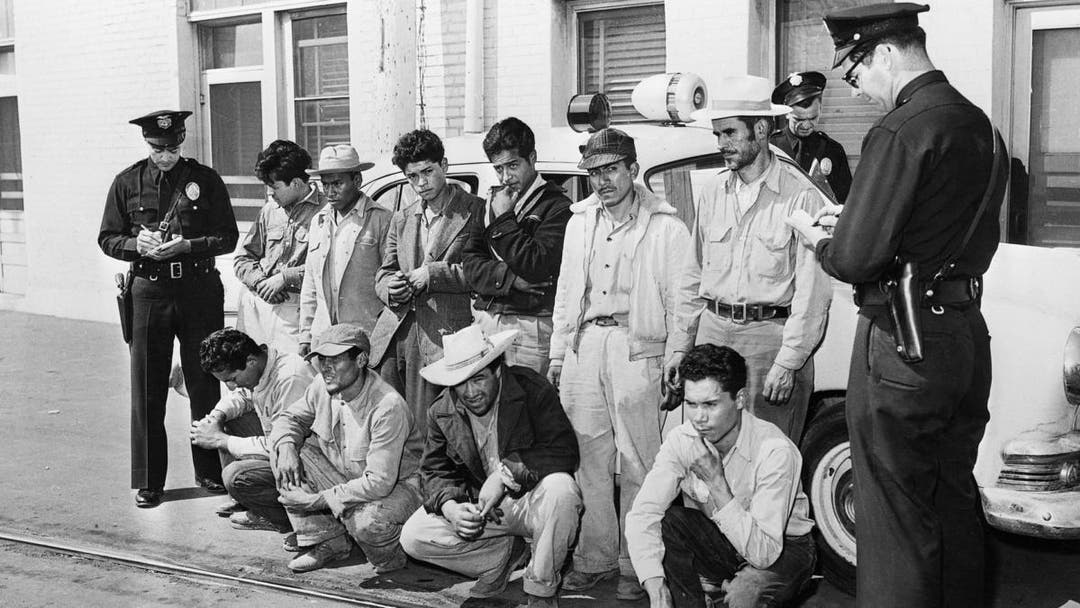















 The administration has launched an extensive deportation program, described as the largest in American history. nothing says land of the free like rounding up millions of people and tossing them out with all the warmth of an expired parking meter. His supporters say this is about upholding the law and protecting national security. Opponents argue it’s about fear, optics, and economic suicide. If you believe undocumented immigration is a threat, then you probably think this is a win for national security. However, brace yourself for labor shortages in agriculture, construction, and hospitality. Also, ever heard of family separation? Yeah, that’s going to be happening—a lot.
The administration has launched an extensive deportation program, described as the largest in American history. nothing says land of the free like rounding up millions of people and tossing them out with all the warmth of an expired parking meter. His supporters say this is about upholding the law and protecting national security. Opponents argue it’s about fear, optics, and economic suicide. If you believe undocumented immigration is a threat, then you probably think this is a win for national security. However, brace yourself for labor shortages in agriculture, construction, and hospitality. Also, ever heard of family separation? Yeah, that’s going to be happening—a lot.

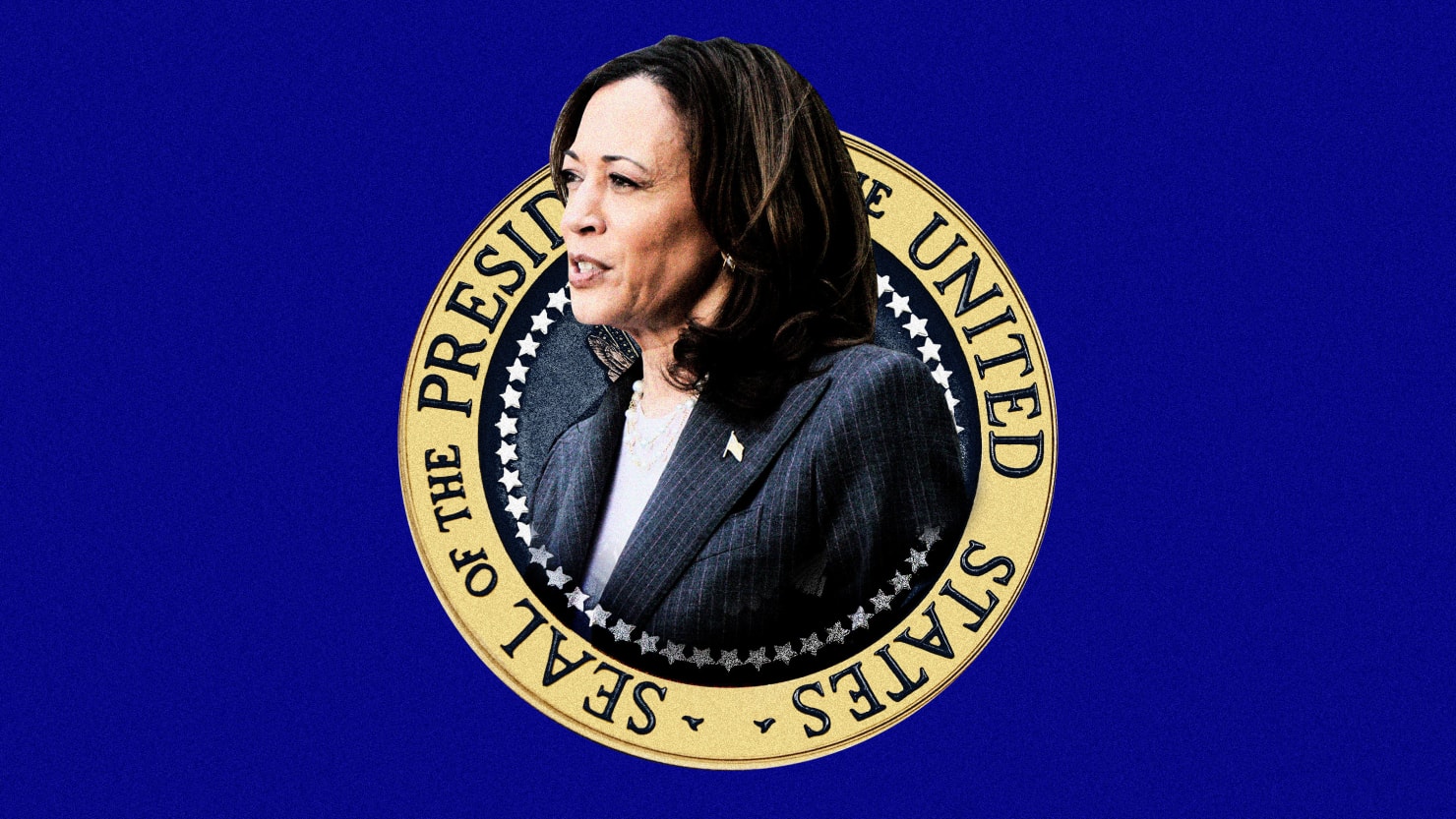
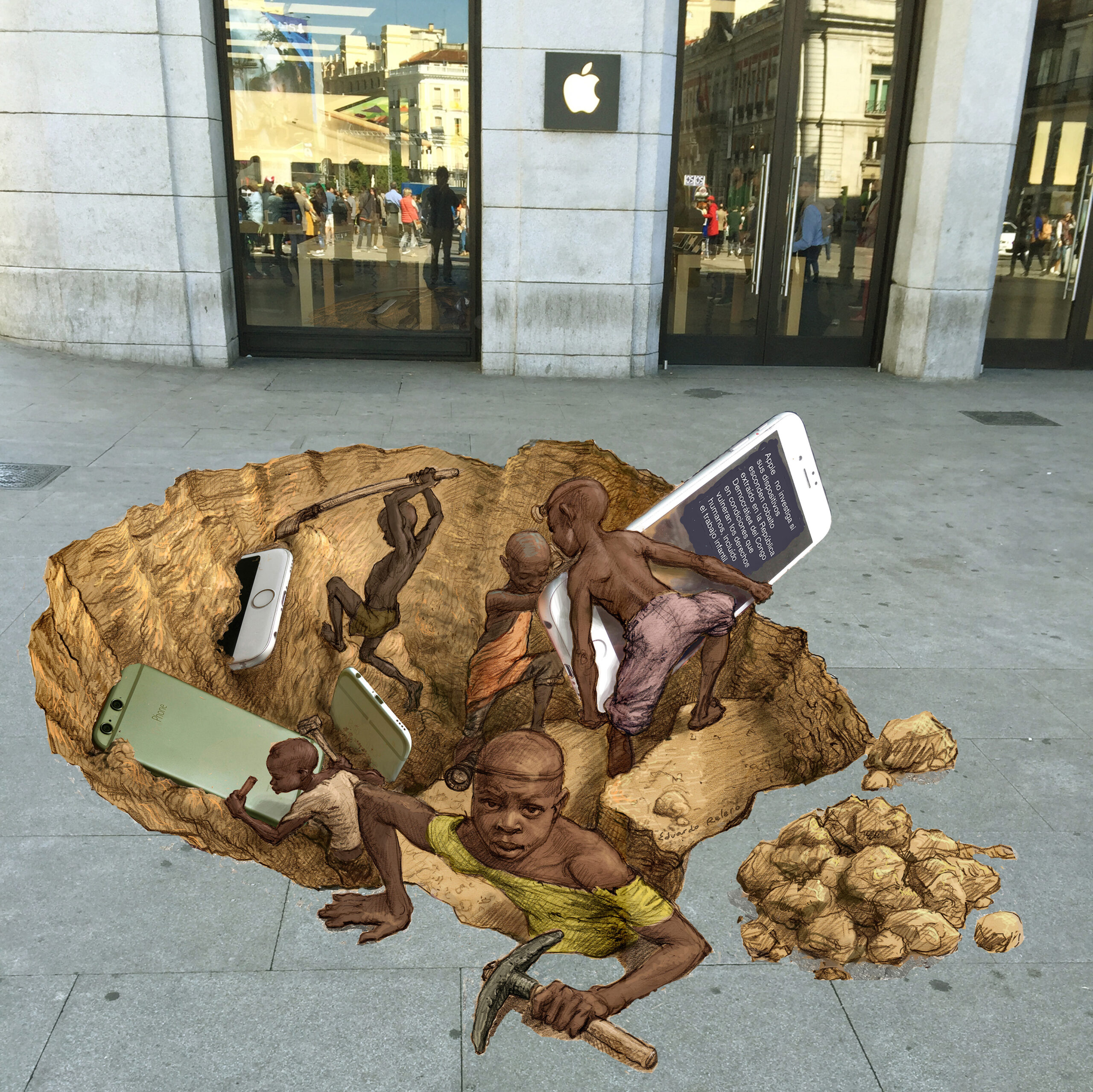
 The origins of the conflict in DRC can be traced back to the colonial era when Belgium controlled the region, then known as the Belgian Congo. Upon gaining independence in 1960, the country plunged into political turmoil exacerbated by regional and ethnic tensions. The assassination of Prime Minister Patrice Lumumba in 1961 and subsequent coups further destabilized the nation.
The origins of the conflict in DRC can be traced back to the colonial era when Belgium controlled the region, then known as the Belgian Congo. Upon gaining independence in 1960, the country plunged into political turmoil exacerbated by regional and ethnic tensions. The assassination of Prime Minister Patrice Lumumba in 1961 and subsequent coups further destabilized the nation.
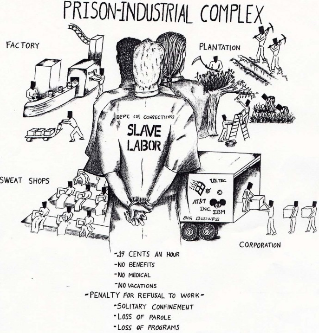


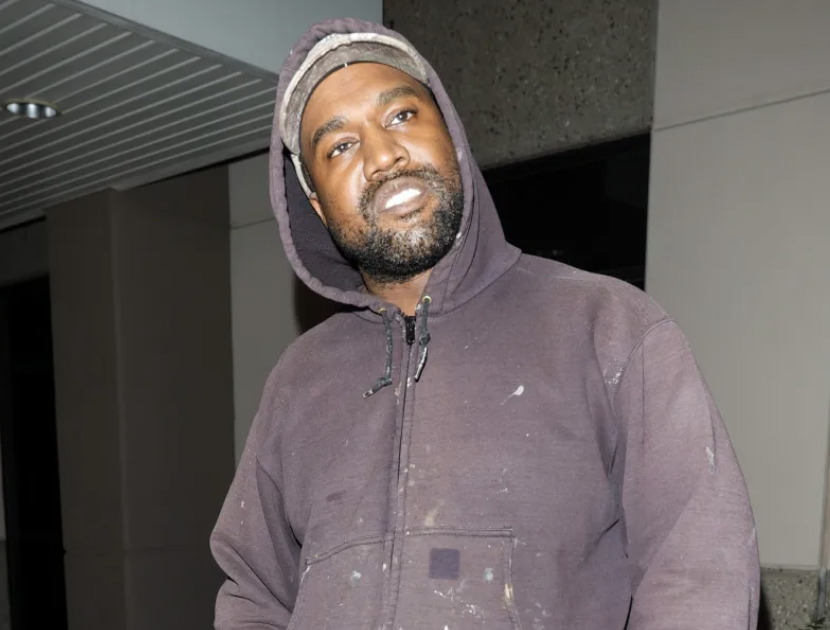









You must be logged in to post a comment.